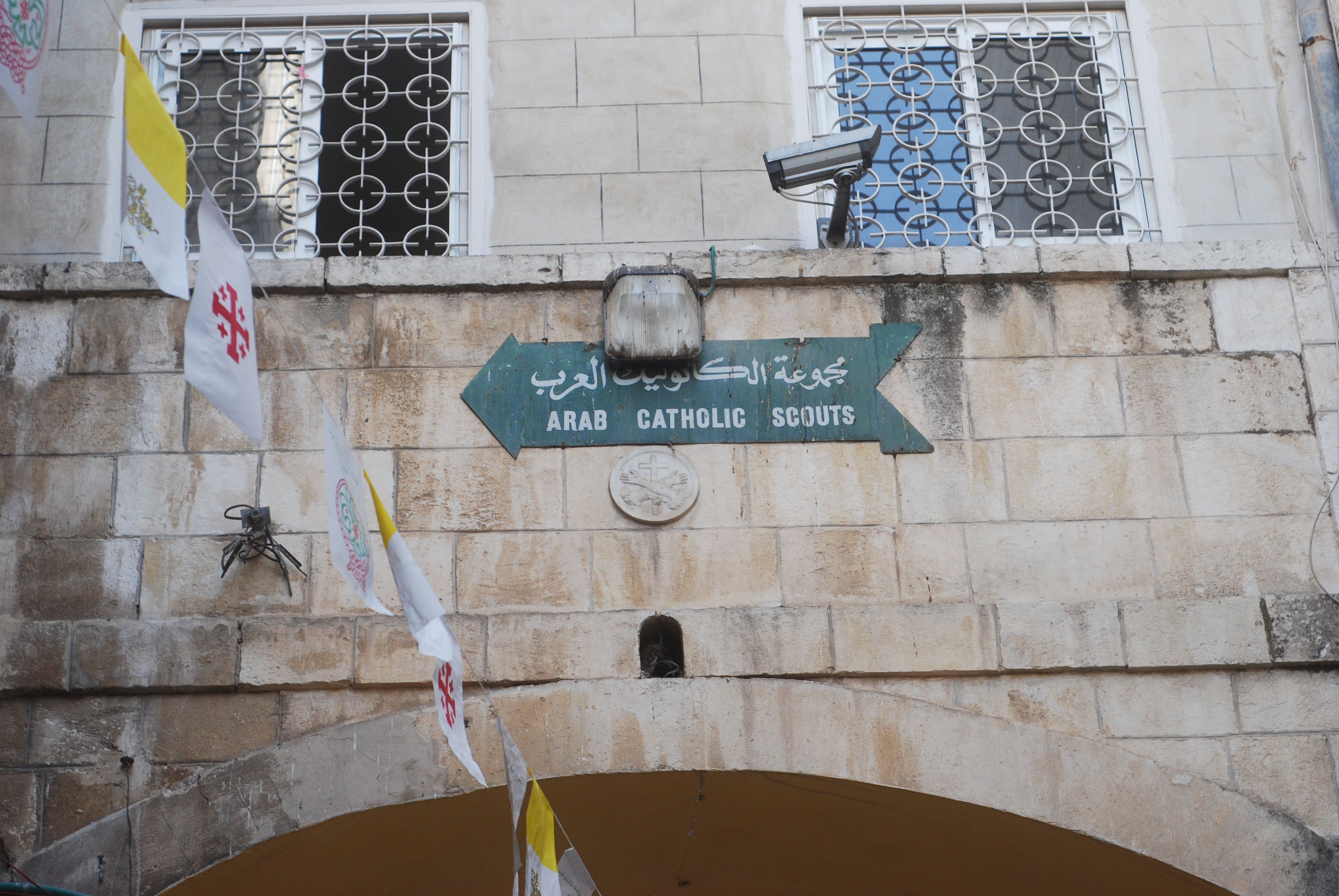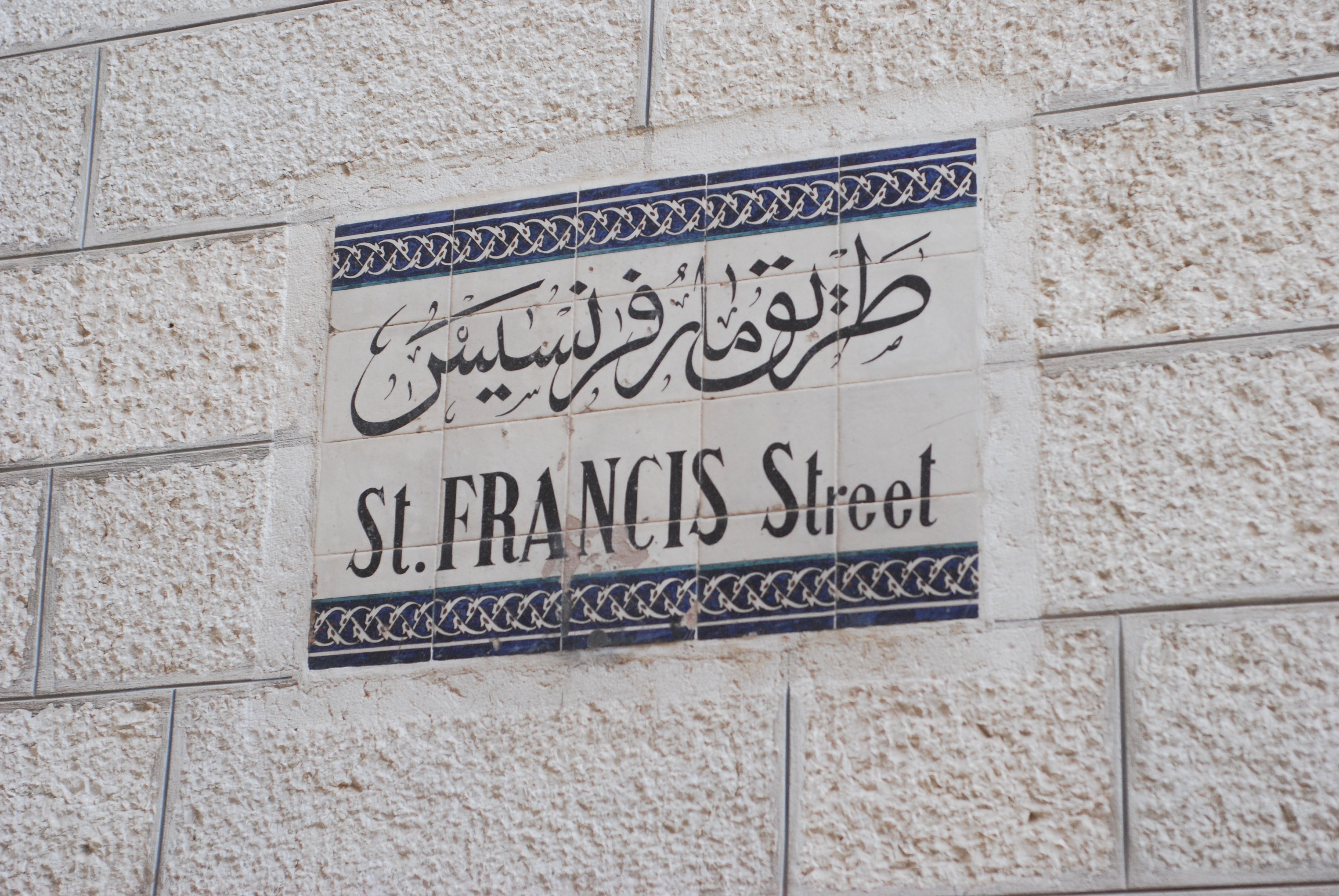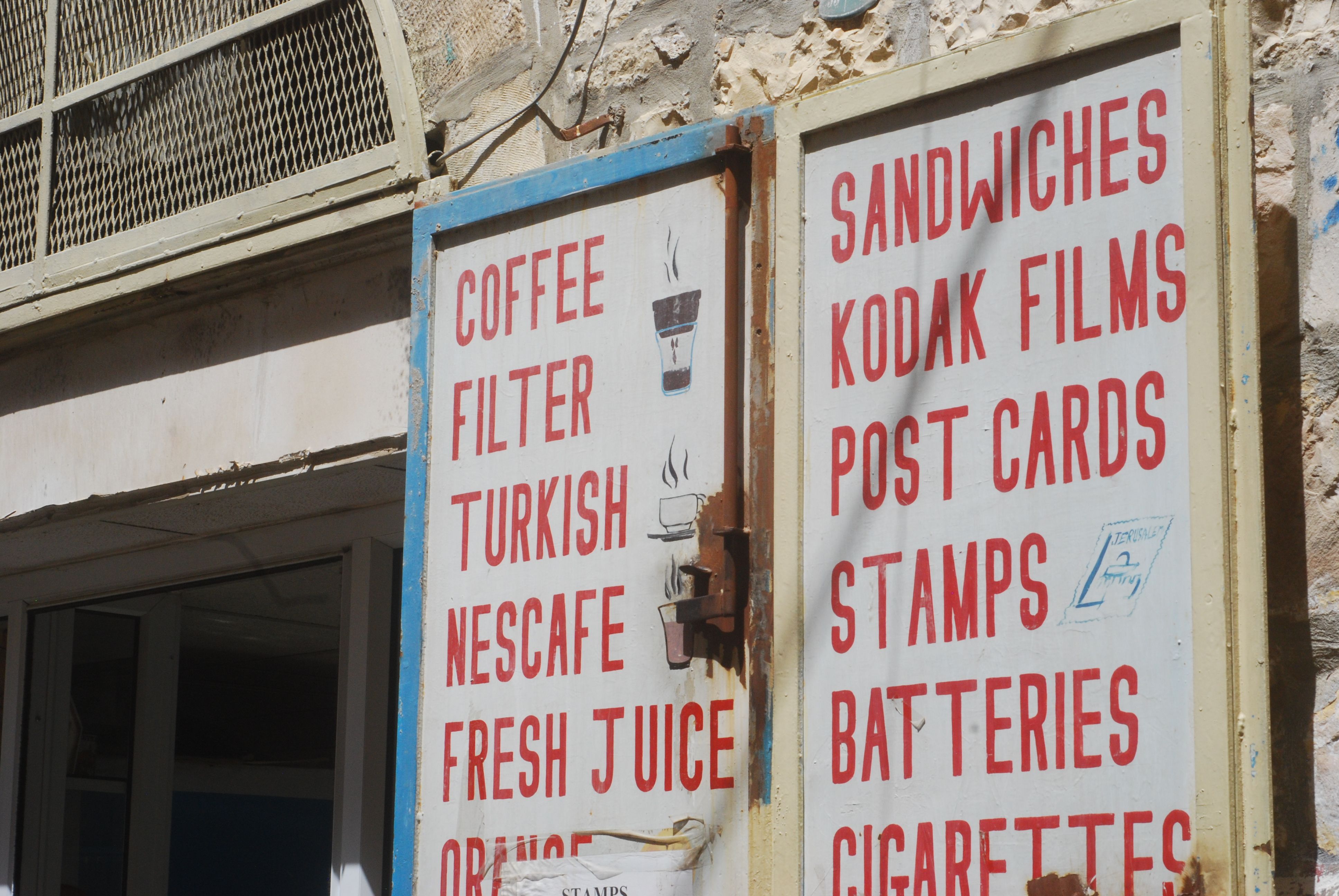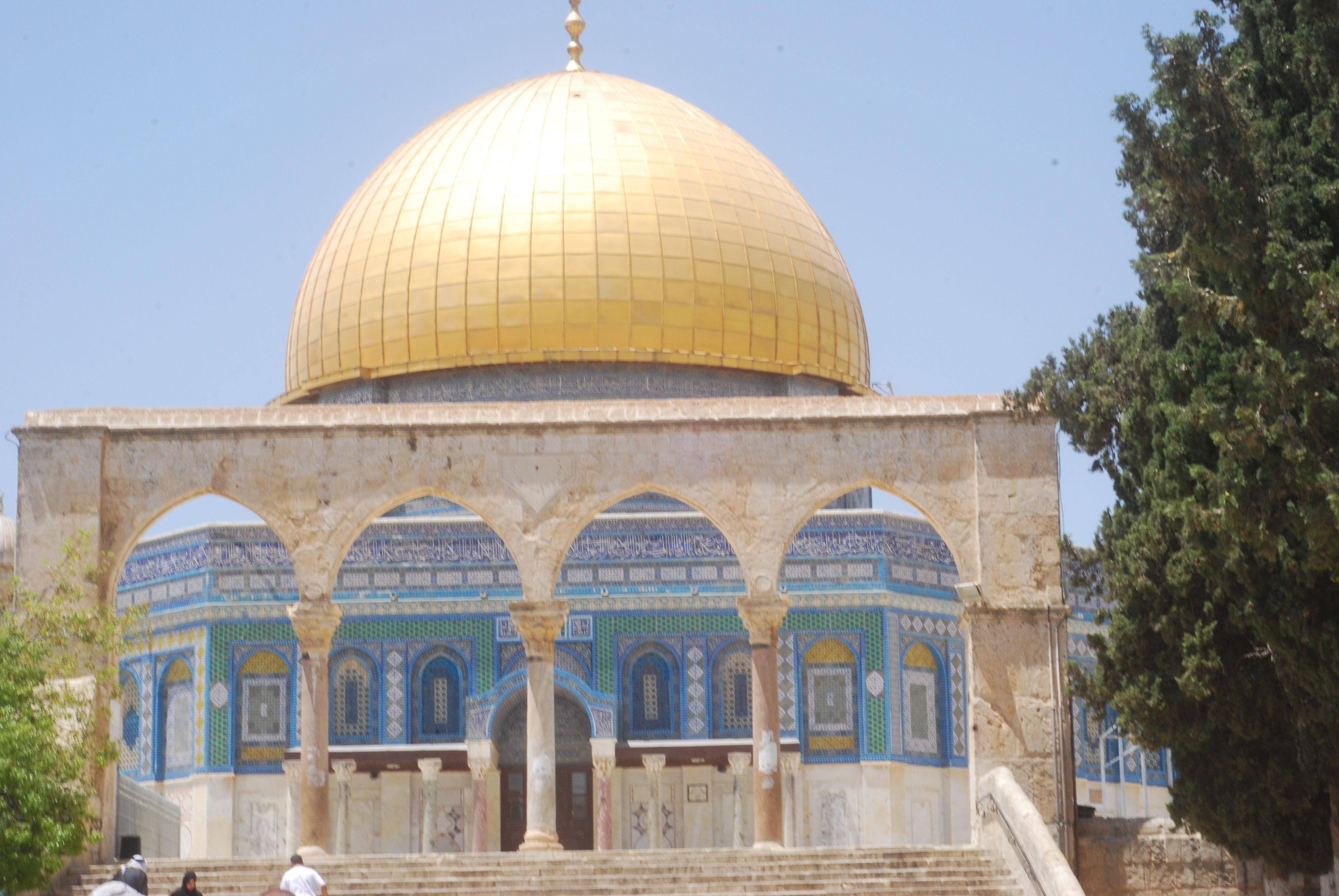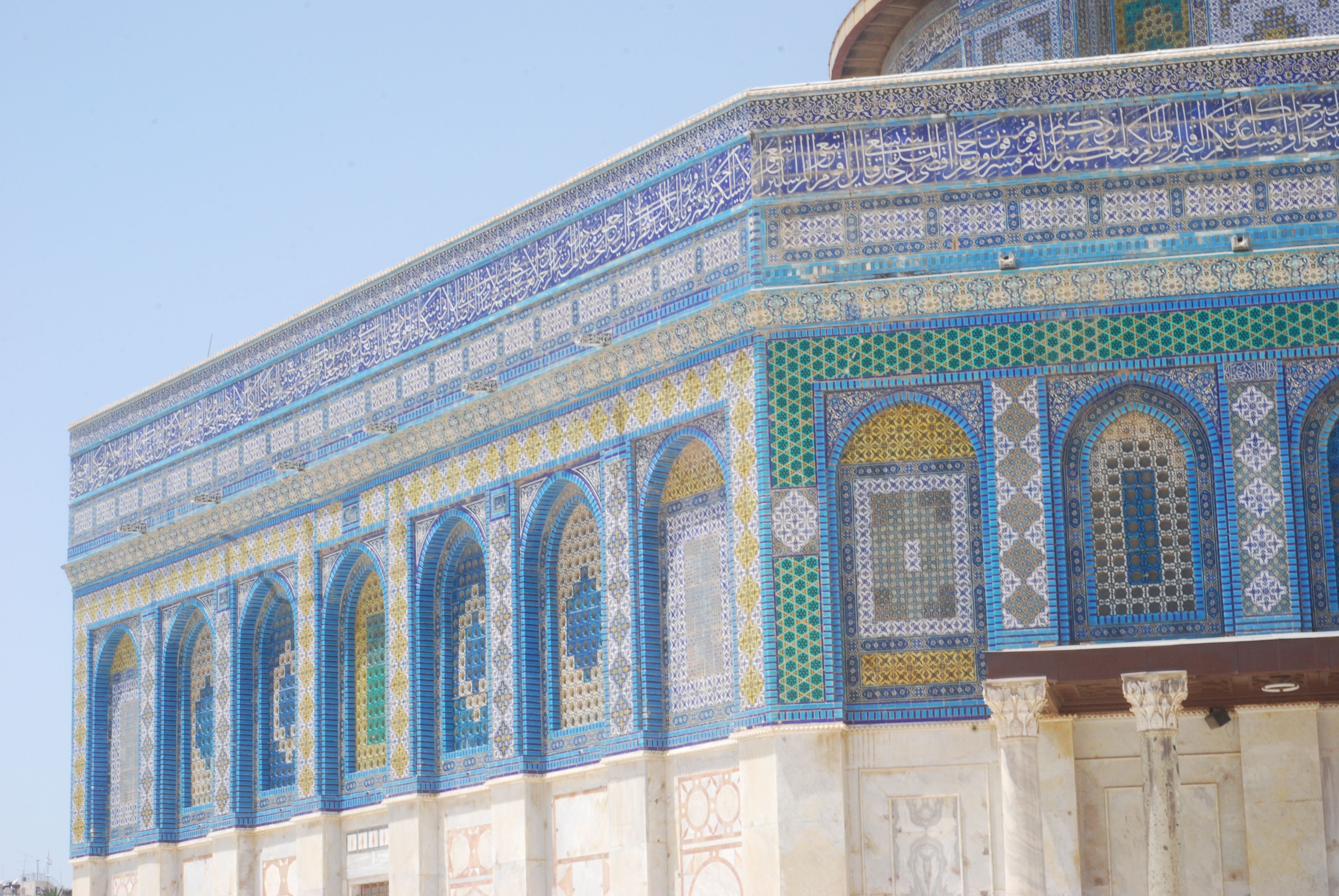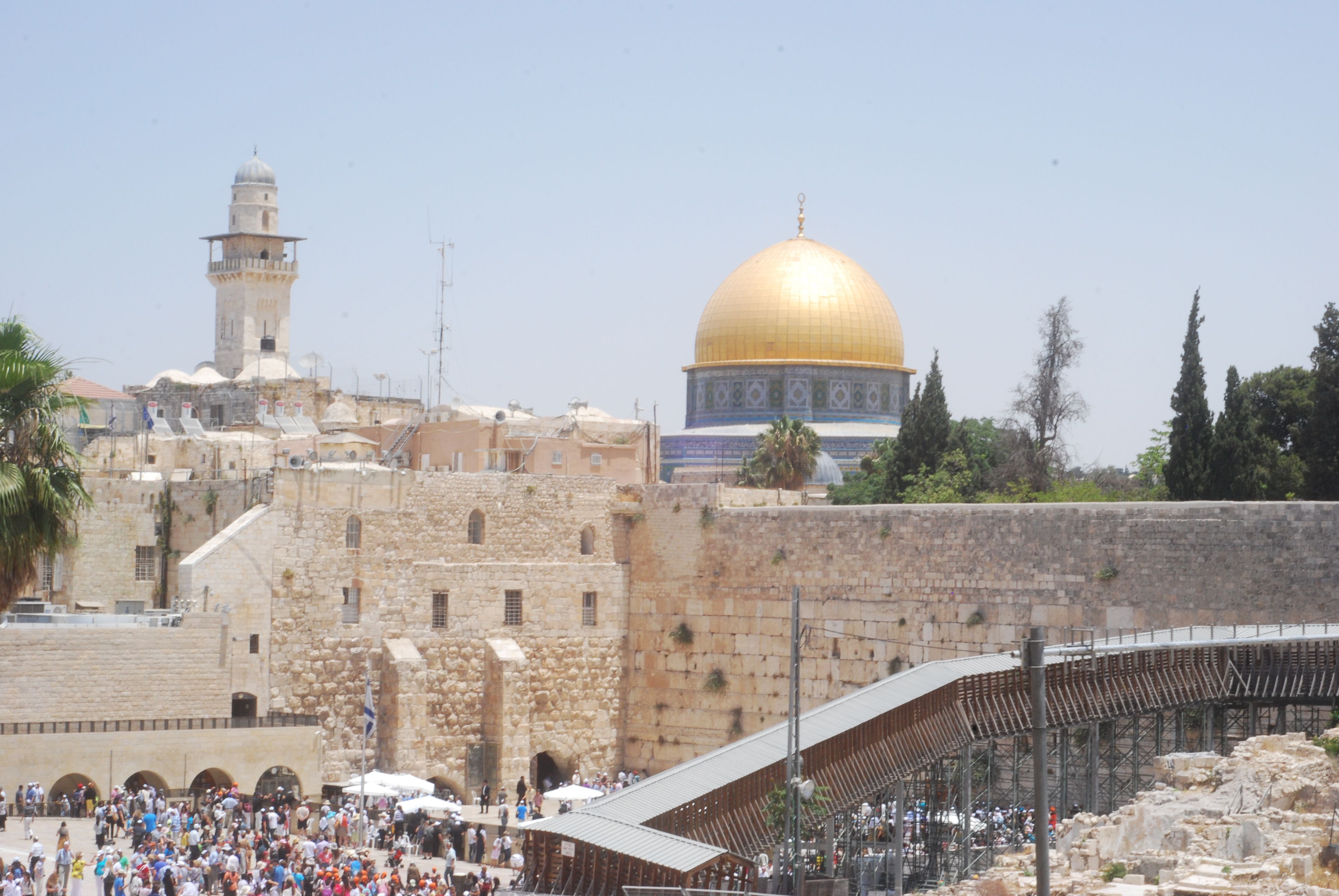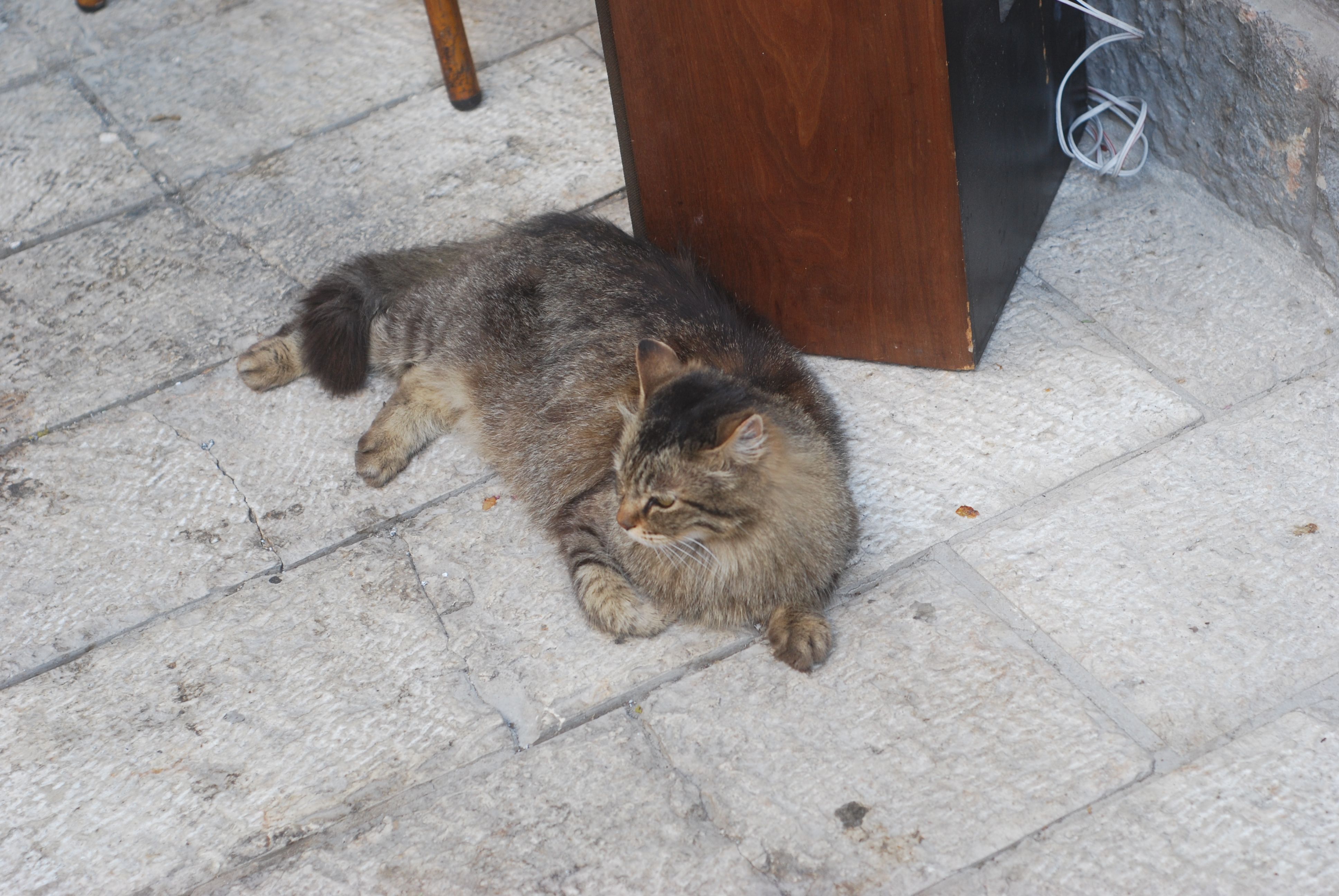Jerusalem
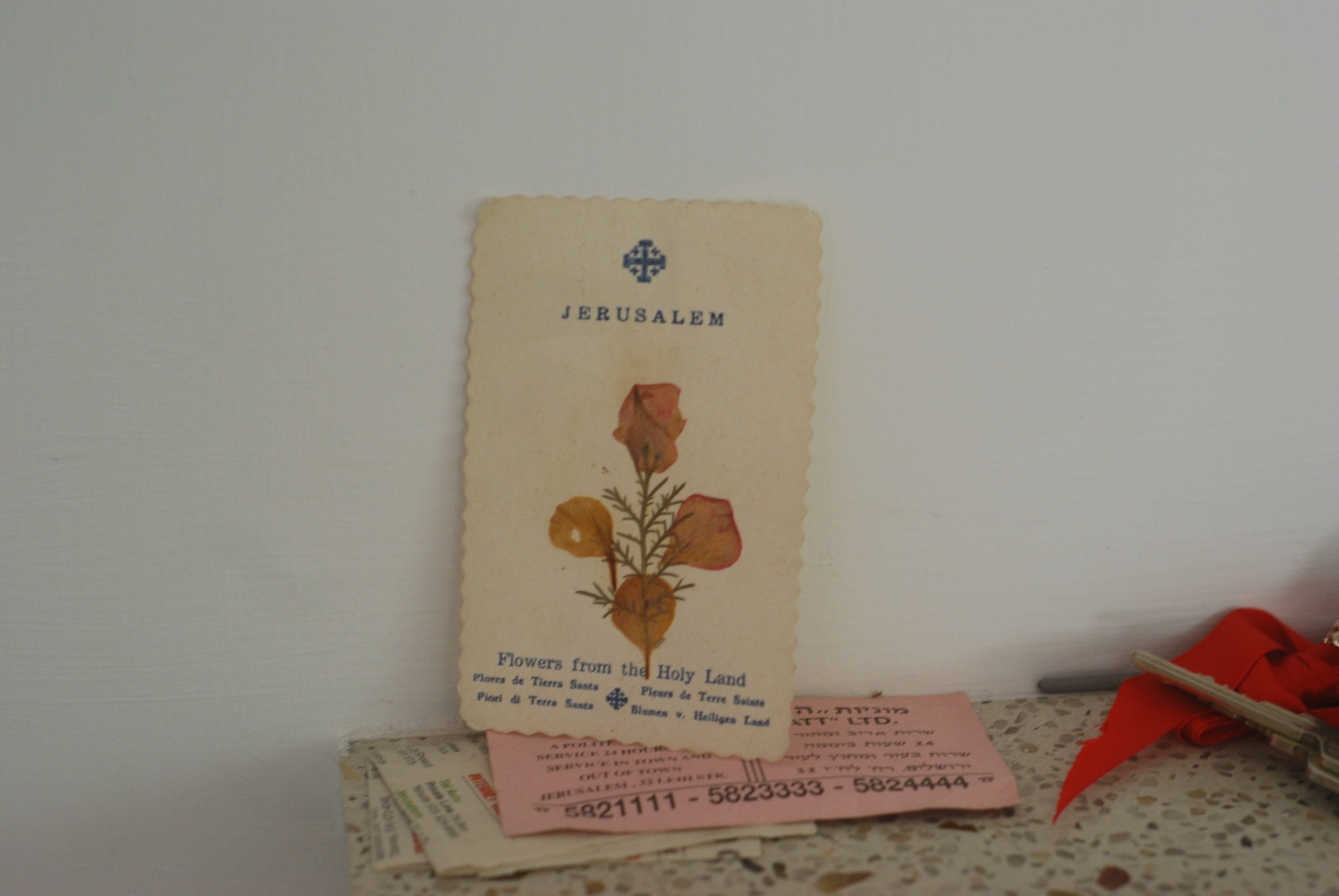
As the world is again holding its breath for Palestine, praying for peace while Gaza burns, I started to think about Jerusalem and its inhabitans. I visited Jerusalem eight years ago, while living in London working as a journalist. Due to the vast Jewish orthodox population in London, EasyJet had a direct flight to Tel Aviv. The flight was filled with black hats and myself. On the way out of the plane, I noticed one hat left behind, missing its head. I wondered where it would go.
I went to visit a journo friend and her boyfriend who worked for the Norwegian Ministry of Foreign Affairs. She couldn't tell she was a journalist, however, and went along as "spouse". We visited Tel Aviv first, during Pride, and it was crazy to see the carefree attitude of the people on the beach, a mere kilometer from the Gaza strip, just visible in the distance.
The complexity of the situation became even more apparent as I arrived in Jerusalem a few days later, where Palestinians and Jews are living somewhat side by side, but not in a necessary peaceful manner — as they both claim the city as their capital.
I loved Jerusalem. It was complex and beautiful and difficult and heartbreaking. I walked alone most days as my friends were working and I tasted amazing tabbouleh and hummus, glistening with ripe olive oil. Water melon and halloumi. Fresh baked bread was everywhere. I struck up a conversation with a curious Jewish mother on the new settler tram that criscrossed the city, dividing Jerusalem in two, and simultaneously exploiting Palestinians territory — unsurprisingly enough. She was headed to the wailing wall with her small child. Her husband was studying in the old city. I didn't tell her what I did for a living, having not disclosed this on my entry slip.
I went up to the Al-Aqsa mosque, knees, shoulders and hair covered and walked around the Temple mount, having passed through an incredible array of security. Even though I was allowed to be there, I felt very much like I was trespassing, but the mosque itself — with its incredble dome and jewel toned mosaics welcomed me, as did the other religious visitors, smiling under veiled faces.
Some days I felt alone, wandering the streets, discovering an Arab enclave right next to a Jewish settlers' neigbourhood, staring a bit too much at the Orthodox women with their black robes and wigs. But then I was also, more than once, suddenly surrounded by Arab children, running and playing — laughing around me, asking me questions, and my loneliness dissipated.
The thing with Jerusalem, is that even though it's (for many lucky Westeners like myself) a far away place, where we have been learned that war is a natural thing, we tend to forget that this is not a conflict between two nations. It's a military occupation, it's Israeli colonialisation, it's ethnic cleansing, it's apartheid. And the semantics here are extremely vital.
I think storytelling is crucial when talking about atrocious acts of inhumanity, because we might opt out of the awfulness, especially during a pandemic where the tolerance for pain is low. But in Gaza, right now, there are also just people, living their lives, incredulously enough, with so little freedom left. They go to work, they feed their cats, they call their friends.
I read the story of @monasaturn that was posted on @we_are_not_numbers_today and I was so moved, so I shared her post, her ways of coping in a situation of fear. We started talking. She lives in AlMusaddar, just 3 km from the fence. She immediately offered her assistance, if there was anything I (!) needed. I thanked her profusely for her incredible kindness, having just witnessed buildings she's worked in collapse in Gaza. I told her I would write something and I told her to stay safe.
«We will survive this hopefully», she answered me back.
